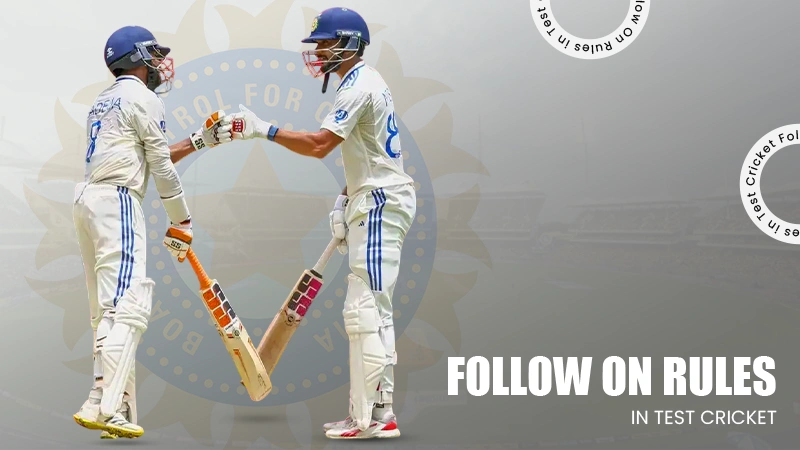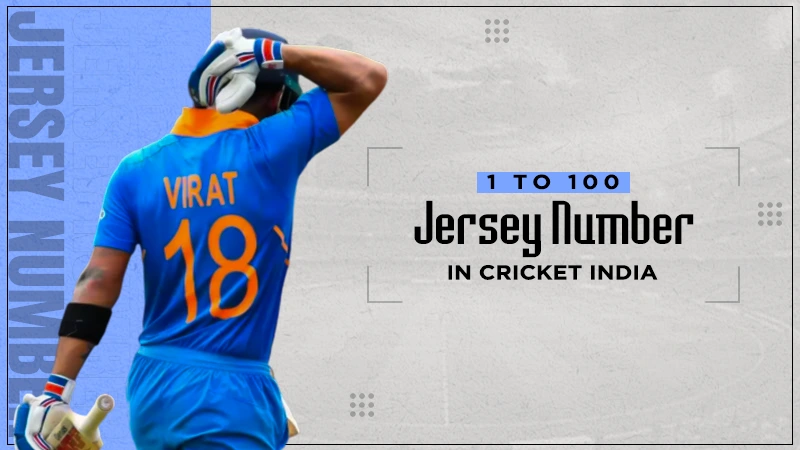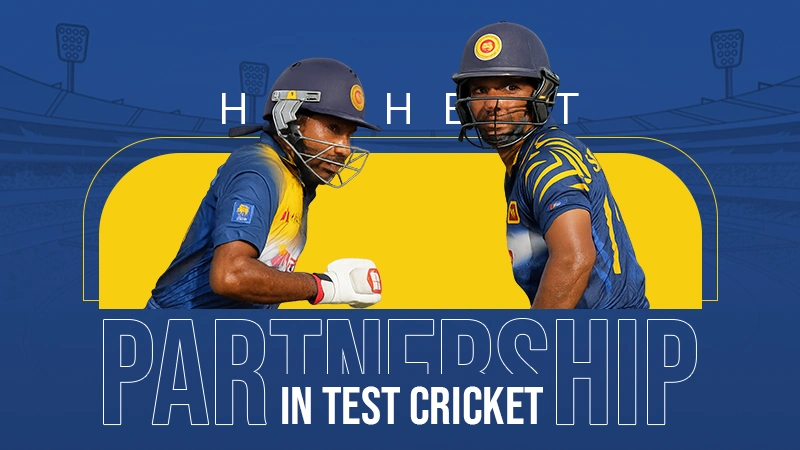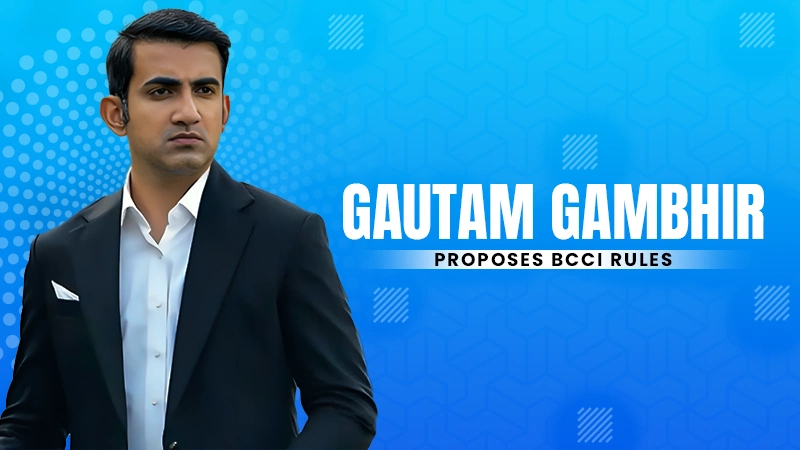
New Rule By ECB Pushing Players Away From Test Cricket, Alleges Players
The England and Wales Cricket Board (ECB) has stirred the cricket waters again. This entity has put forward a No-Objection Certificate policy that’ll result in players choosing T20 leagues over regular first-class cricket events.
What’s more? The new guidelines are also said to favor the Indian Premier League (IPL). And as you can expect, these policies have brought about mixed reactions, especially from international cricket players.
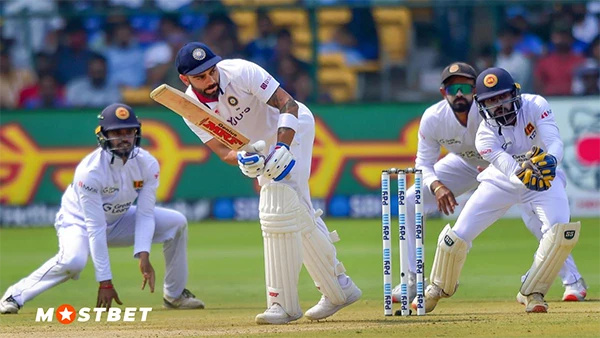
While fans, players, and administrators mull over the next step to take regarding this controversial rule, cricket bettors and other punters can continue to devise ways to make the best out of the opportunities available to them in the betting market.
One of the most important decisions you can make as a bettor is the bookmaker you register with. It can determine the volume of betting markets available to you, the bonuses, payment options, payout time, and everything else that makes the experience worthwhile. For players in India, we advise that you sign up with Mostbet, a platform with a track record of providing excellent services to sports bettors. Visit their site to register!
Overview of the New ECB Rule
Back in 2023, a total of 74 England players appeared in franchise tournaments across the globe. This number was the highest of any nation in cricket.
Fast forward to late 2024, the ECB drafted guidelines that’ll restrict English cricketers from participating in these events. With these rules in place, English players will be unable to grace the Pakistan Super League (PSL) when summer comes around.
However, the guidelines set forth by the ECB seem to favor the Indian Premier League. How? Players can decide to participate in associated events. It doesn’t matter if these match-ups coincide with domestic league fixtures or not.
What Is the New Rule Introduced By the ECB?
The newly-implemented rule by the ECB will restrict English players from participating in overseas franchise competitions that clash with domestic events. With this new policy in play, English cricketers won’t be able to participate in leagues like the Pakistan Super League during summer.
However, in a weird twist, these players will be able to grace events tied to the Indian Premier League (IPL), even though they coincide with domestic events. The selective stance of this policy has sparked controversy in the world of cricket.
The Rationale Behind the Rule
ECB’s new guidelines were curated in response to the rising number of short-format franchise competitions across the world. In 2024 alone, over 20 major tournaments were held.
While the IPL which is held in the English Summer is an exception to the new guidelines, the ECB has maintained its commitment to be even more selective in delivering No Objection Certificates (NOCs) for players participating in events whose timelines overlap.
When one sits to analyze this ECB policy, it is easy to tell that the entity has good intentions. If players participate in more and more competitions, they’ll become more fatigued and could be on the receiving end of career-ending injuries. The board considers these guidelines as a route to ensure players remain fit for domestic and international events.
Reactions From the Cricket Community
The ECB’s new policy has sparked a truckload of controversy. Some people support the path the board has taken, stating that it’ll make domestic cricket more interesting and steer players away from injuries.
However, others are of the opinion that this move will stifle the financial rewards players would’ve gotten from participating in overlapping tournaments.
That said, one area of the policy that has received the most criticism was the exemption of the Indian Premier League. Many individuals state that this is a clear move by the ECB to favor the IPL and stifle the progress of leagues like the PSL.
Allegations From Players Against the New Rule
Many players have raised their voices to speak against the new rule by the ECB. Some have even resorted to taking actions that might see the board change its stance in the future.
Players Concerns About the Impact on Test Cricket
One player who has been active in voicing his displeasure about the new ECB policy is England batter, James Vince.
He mentioned that when the ECB first mentioned this policy, a WhatsApp group was created for players. Vince noted that their first concern revolved around the fact that this policy would drive people away from red-ball cricket.
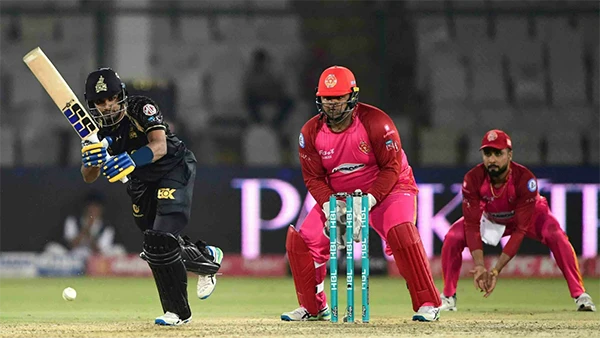
He also stated that players within the cricket group also felt like the new policy would limit their opportunities in the cricket world.
Vince also asserted that he was confused as to why the IPL was excluded from the policy. According to him, the Pakistan Super League is a shorter competition and will see players miss less domestic matches than they would’ve if they played in the Indian Premier League.
How the Rule Affects Player Commitment to Longer Formats
Red-ball cricket is also known as test cricket. Those who ask, ‘how is test cricket played’? should note that associated fixtures occur over a period of five days. Unlike regular cricket match-ups where results are decided quickly, test cricket shows the true skill of professional cricketers. It also showcases how quickly they can adapt to dynamic conditions and strategies.
However, it’s vital to note that whole test tournaments are longer, franchise leagues have shorter formats and pay more. This puts players in a dilemma, as they’re forced to choose between playing test events or maximizing their earnings by playing in T20 leagues. The reality is that most players will likely go for the latter option and will relegate red-ball cricket to the background.
The Clash Between Financial Incentives and Traditional Formats
What players receive in earnings from franchise leagues exceeds what’s associated with test cricket by a wide margin. As such, it’s no surprise that players will pick T20 leagues over test cricket tournaments if they have a choice. If and when this happens, test cricket will be unable to attract or keep talents. As such, its appeal will die down gradually.
Potential Consequences for Test Cricket
The new ECB will pose potential consequences for text cricket and we’ll examine them in the following sections.
Decline in the Quality of Test Matches
With the top talents playing at T20 leagues, the players that participate in test cricket matches will most likely be veterans and average players. This will make red-ball events less exciting. And when this happens, fans will focus all their attention on franchise leagues. This scenario sets the tone for the extinction of test cricket format.
Reduced Player Participation and the Future of the Format
With most players becoming uninterested in test cricket due to the financial differential, only a select few will go the extra mile to participate in related events. This will reduce the number of top-tier players in test cricket and can make the entire cricket format lose its relevance in the coming years.
Long-Term Effects on Global Cricket Tournaments
As more and more players sign out from test cricket to enjoy the financial incentives tied to T20 leagues which hosts events you can bet on at a top sportsbook like MostBet, the competitiveness and appeal tied to test cricket will reduce. This could lead to a situation where fewer teams take interest in the cricket format.
Responses From the ECB and Other Stakeholders
The ECB cricket board hasn’t admitted any wrongdoing in the new rule it pushed out. Rather, it has doubled down on this policy.
ECB’s Defense of the Rule and Its Objectives
Despite the backlash the England and Wales Cricket Board is currently facing, it seems that the body isn’t going back on its decision.
Here’s what Eric Gould, chief executive of the ECB, had to say about the new guidelines:
“This policy gives clarity to players and professional counties around our approach to issuing No Objection Certificates. It will enable us to strike the right balance between supporting players who want to take up opportunities to earn and gain experience, while also protecting the integrity of cricket globally.”
Opinions From Former Cricketers and Analysts
Some ex-cricketers and analysts believe that the ECB rule will make domestic events more appealing and future-proof. However, others believe that players shouldn’t be limited in their options in modern-day cricket. This set asserts that players should have the freedom to explore international opportunities without being restricted to local leagues.
Stakeholders’ Perspective on Balancing Innovation and Tradition
The only way to bring a balance between T20 leagues and test crickets is to make their pay structures similar. When that’s done, players won’t see the appeal of ditching red-ball cricket events, as they’ve got a financial incentive to participate in these match-ups.
As such, stakeholders are calling on cricket bodies worldwide to finance test cricket so that they offer the financial benefits showcased by T20 leagues.
Looking Ahead: What Could Happen Next?
No one knows what the next days, weeks, or months might bring. Will the England and Wales Cricket Board cave to the pressure and tweak the policy or will it remain steadfast to ensure it remains the norm for years to come? No one knows. However, we can make some predictions.
Potential Amendments to the Rule Based on Feedback
The ECB has received criticism from players and stakeholders alike for its new exception rule. Most of the backlash revolves around the fact that the guidelines favor the IPL throwing other overseas leagues under the bus.

In a bid to maintain a positive outlook, the ECB could allow players to decide whether they want to play in overseas franchise leagues over domestic competitions. The entity could also formulate a schedule that allows domestic players to participate in T20 leagues without any overlap whatsoever.
How Other Cricket Boards Might React to Similar Challenges
Many cricket boards worldwide are looking at the ECB closely to see if they’ll back out on this rule or tweak it to accommodate everybody’s interests.
As such, some might consider doing the same to protect their domestic leagues. Others might look at these guidelines and implement changes that don’t put any stakeholder in jeopardy.
The Future of Test Cricket in the Changing Cricket Landscape
To ensure that test cricket remains relevant in the years to come, cricket boards must come together and find ways to make associated events incentivizing on the financial front. This is possible by engaging techniques such as:
- Higher match charges
- Proper scheduling, and
- Marketing efforts to put rest cricket in a better light
If these strategies are perfected, test cricket won’t lose relevance. Rather, it’ll stay strong for decades to come.
While the ECB looks prime to ensure this new policy stays alive, the conversation between players settling for test cricket or franchise leagues is far from over. Similar conversations have come up in the world of women’s cricket.
After the Women Cricket Final, debates about pay disparity emerged, with most people stating that women deserve more than what they’re currently making. As the sport continues to gain traction, boards in charge of men and women cricket will need to find solutions to address these modern-day challenges.

